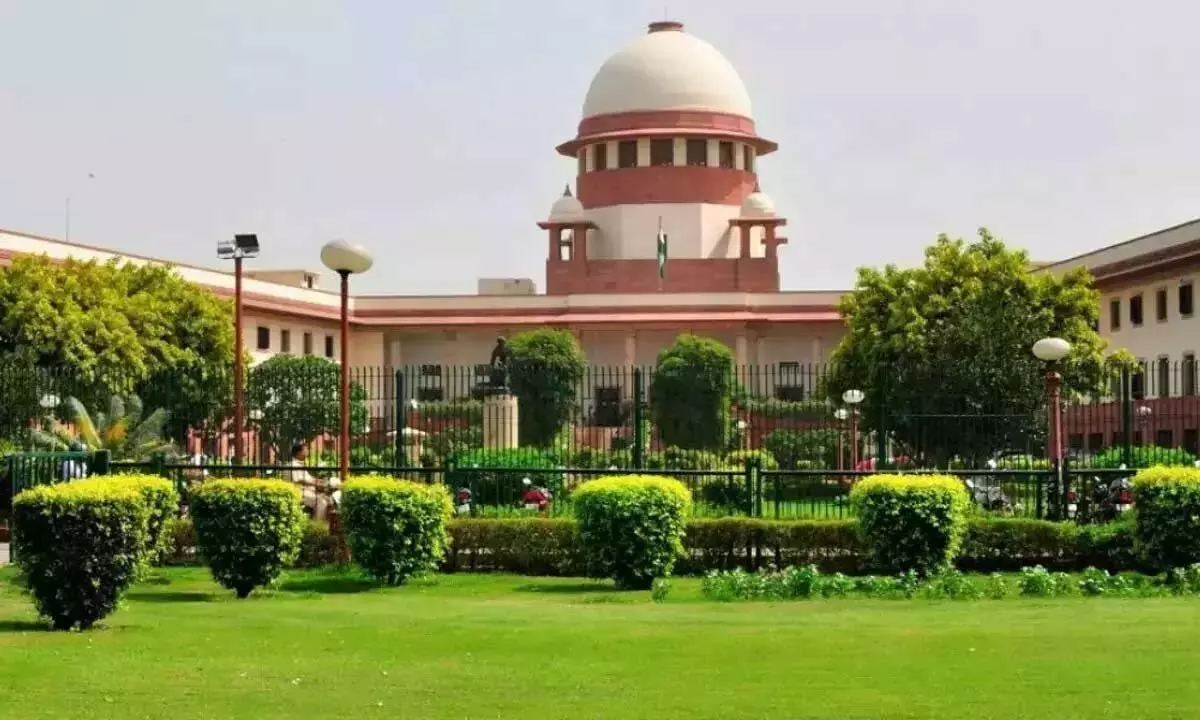SC rightly holds back in matters of culture
 Represented Image
Represented ImageJallikattu (or sallikkattu), also known as eru thazhuvuthal and mañcuvirattu, a traditional event of Tamil Nadu, got the green signal from the Supreme Court to the delight of the rural folk of the State.
Jallikattu (or sallikkattu), also known as eru thazhuvuthal and mañcuvirattu, a traditional event of Tamil Nadu, got the green signal from the Supreme Court to the delight of the rural folk of the State. This is a sport in which a bull, such as the Pulikulam or Kangayam breeds, is released into a crowd of people, and multiple human participants attempt to grab the large hump on the bull’s back with both arms and hang on to it while the bull attempts to escape. Participants hold the hump for as long as possible, attempting to bring the bull to a stop. In some cases, participants must ride long enough to remove flags on the bull’s horns.
Jallikattu is typically practised in Tamil Nadu as a part of Pongal celebrations on Mattu Pongal Day, which occurs annually in January. As there were incidents of injury and death associated with the sport, both to the participants and to the animals forced into it, animal rights organizations have called for a ban on the sport, resulting in the Supreme Court of India banning it several times over the past years. However, with protests from the people against the ban, a new ordinance was made in 2017 to continue the sport. A five-judge constitution bench of the Supreme Court of Justices KM Joseph, Ajay Rastogi, Aniruddha Bose, Hrishikesh Roy and CT Ravikumar upheld the validity of amendments made by Tamil Nadu to the Prevention of Cruelty to Animals Act (PCA Act), thereby paving the way for Jallikattu to be conducted in the State.
“While the protection under Article 21 has been conferred on person as opposed to a citizen, which is the case in Article 19 of the Constitution, we do not think it will be prudent for us to venture into a judicial adventurism to bring bulls within the said protected mechanism,” the Court said in its judgment. It further said that Article 14 of the Constitution cannot be invoked by any animal and even an animal welfare law has to be tested at the instance of a human being espousing the cause of animals. “While we can test the provisions of an animal welfare legislation, that would be at the instance of a human being or a juridical person who may espouse the cause of animal welfare,” said the judgment.
The court further stated that in matters of culture, it is the Legislature that has the power to decide on the good and the bad of it. Eminently said. Jallikattu is not a sport which evolved in recent times. It was known to be practised during the Tamil classical period (400–100 BCE). It was common among the Ayar tribes people who lived in the ‘Mullai’ geographical region of the ancient Tamizh Nadu. Later, it became a platform for display of bravery, and prize money was introduced for participation encouragement.
A seal from the Indus Valley civilization depicting the practice is preserved in the National Museum, New Delhi. A cave painting in white kaolin discovered near Madurai depicting a lone man trying to control a bull is estimated to be about 1,500 years old.
As for cruelty, the less said the better. Jallikattu unites people and there is a shared joy in it. It is a part of festivities. Perhaps, the cruelest sport in the country is its politics which not just divides people on caste, creed, religion, region and party lines, but also inflicts a great amount of pain on them.








